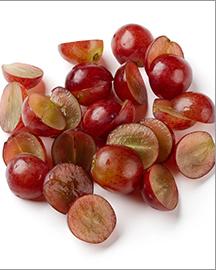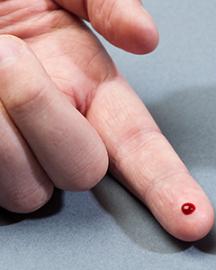
ARS Researchers Identify Genes That Keep Tomatoes Fresher
Picking the perfect piece of fruit is an art form: it requires finding the one item that's colorful and firm, not yet tipping into the descent of softening and eventual rot. Making that selection just got a little easier, thanks to a team of researchers at the ARS Robert Holley Center at Cornell University, in Ithaca, NY. They have identified a tomato gene that's responsible for the softening process in the fruit as it matures, and found a way to inhibit the gene, keeping tomatoes firmer, longer.
The discovery marked a major step forward in shelf stabilization of fruit because most previous approaches to preserving fruit's appeal interfered with the entire ripening process, serving consumers end products that were not quite ready for prime time, and never reached peak flavor. By understanding this gene, researchers and breeders can now delay the softening process without affecting the fruit's ability to reach that ideal end state.
Related Information
Research Project: Genetics, Epigenetics, Genomics, and Biotechnology for Fruit and Vegetable Quality









